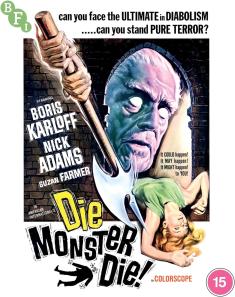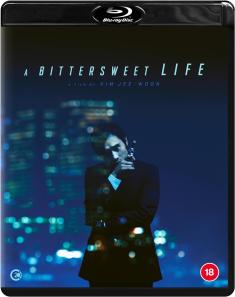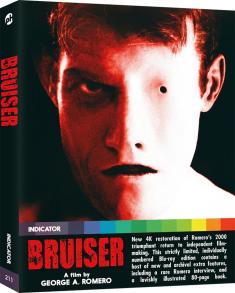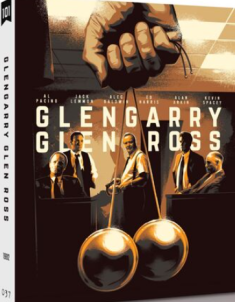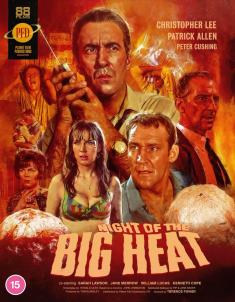The Wolf Among Us: Faith
Overview -
Telltale Games has been keeping the adventure game candle burning for years, but last year's breakthrough hit 'The Walking Dead' proved decidedly that an episodic, story-laden, point-and-click-esque game could be a mainstream success if done right. Now, with second season of 'The Walking Dead' under production, Telltale brings us the first episode 'The Wolf Among Us,' based off of the world built within the DC Comics/Vertigo 'Fables' line of comics. Thus, the mystery is formed, can the big bad sheriff and the gritty world of Fabletown compel players the way that Clementine and hordes of southern zombie's once did?
Video Review
The game's visual style is even better in action than in preview. The color palette and character designs leave 'The Walking Dead' in the dust. I think they missed with the Snow White design, but most of the characters come alive with or without glamour.
Performance trouble aside, and the game looked very good on the 360. The game's simple geometry, textures, and animations would hardly seem like a great candidate for the PC's high resolution capabilities, but the game looks amazing. Snow White's octagonal earrings are a minor irritation compared with rest of the game's presentation. Daytime scenes are fine, but dark and nighttime settings really pop.
 |
Audio Review
The game's soundtrack does a great job of selling the mood. The voice acting is good to great, but can feel disjointed when the player activates the same clip, a classic adventure game flaw. Small, quiet environments don't offer much surround wise, but the occassional foley effect works well.
The 360 audio issues are nowhere to be found. The voice acting is mostly topnotch, though players new to adventure games may not find some of the repeated responses and observations inline with what's occurring on the whole.
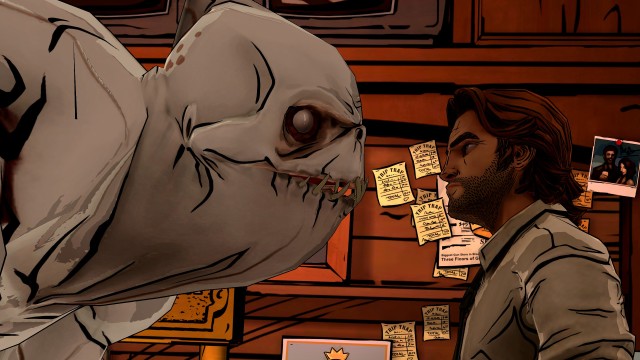 |
Telltale has got something with 'The Wolf Among Us,' a fresh property and stylized noir trappings that should grab a lot of fans despite the lack of zombies. Even so, this first episode feels like a prologue that just gets some characters set up before touching on a mystery. The issues with the 360 version make playing on the PC dreamy by comparison, though the extended time since the game's release may have allowed for some important fixes to all versions.
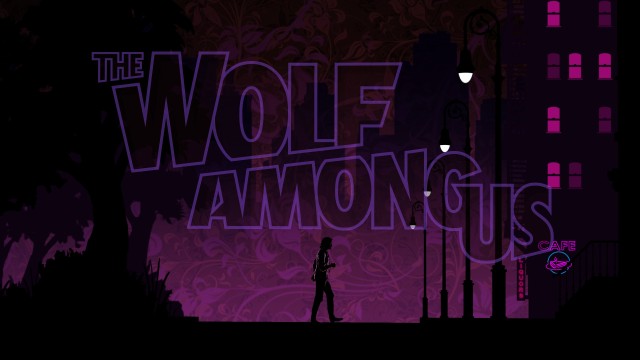 |
Click here to view comments on this review





